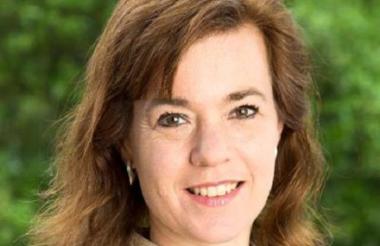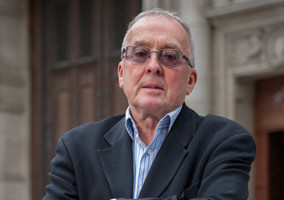Two jointly-released papers have warned about the “paucity” of academic research into charities and philanthropy.
The papers, published by the think tank Charity Futures and the consultancy Giving Evidence, together aim to highlight the gaps between what is available and what is needed, with one paper looking at the demand and one looking at the supply.
They identified just 184 relevant academic studies covering the charity sector published since 2006.
Those studies focused on a relatively small number of broad topics, the authors said, including donor behaviour, charity governance and communications.
Charity Futures and Giving Evidence also found that demand from the sector was weak, with half of respondents to their survey saying that they “never” or “hardly ever” used academic articles for their work.
Writing in one of the studies, Consultation to Identify Research Priorities in UK Charities and Philanthropy, Caroline Fiennes and Kathrine Cowan said: “We got the strong impression that many charities and funders don’t think about academic research very much (if at all), and when they do, they see academic research as something which happens ‘over there’, separate to them and not relevant to them.”
The papers come at the culmination of a 15-month consultation process which yielded 180 survey responses, focus groups across the UK attended by a total of 31 individuals, and a final workshop.
Fiennes and Cowan argued that a lack of engagement with academic work might also help explain the organisers’ “difficulty getting charities and funders to participate in the process".
Sir Stephen Bubb, founder and director of Charity Futures, said: “Charity Futures was keen to fund these major studies to investigate just what the charity sector wants from research and how much current research there is.
“It confirms our suspicion that there was a paucity of in-depth research in our universities about charities and philanthropy.
“That needs correcting if we are to increase charities’ and donors’ effectiveness. That is exactly why we are establishing the Oxford Institute of Charity, which will carry out research of the highest academic standard and which is targeted and geared to the search for more sustainable charity.”
Caroline Fiennes, director of Giving Evidence, said: “We were surprised by how uninterested charities and donors seemed to be in academic research.
“We were also struck by the mismatch between the topics that they said they were interested in and the focus of the existing research. Clearly the voice of the intended beneficiary is not the sole determinant of a research agenda, but it is an important component.”
She added: “The research also points to some activities that would be valuable beyond producing more research. One is helping charities and donors to find and use existing research – for example, about the effectiveness of various interventions, which they can use to design programmes. And another is training charities and donors about research methods e.g., for identifying impact, because there were several requests for research methods which in fact already exist.”
Priority questions
Researchers identified, and ranked, questions that emerged as top priorities.
The most pressing question was: “What are the best ways for charities to evaluate long-term outcomes?”
This was followed by: “How can the less tangible impacts of charities be measured for work were outcomes are hard to quantify?” And: “How can evaluation enable charities to improve what they do, rather than prove they are making a difference.”
Other themes from the questions concerned becoming financial sustainable, improving impact measurement, collaboration and improving communication.
|
Related articles











